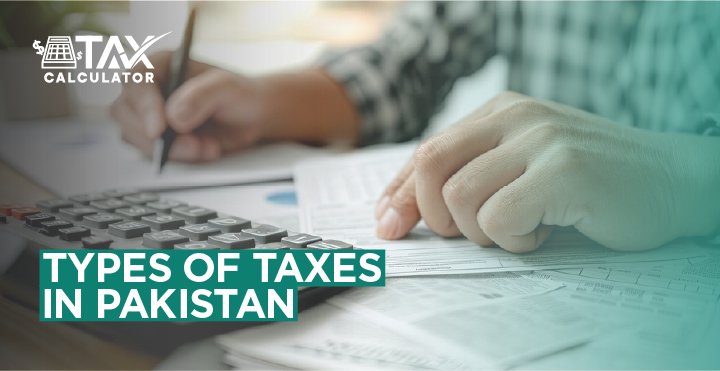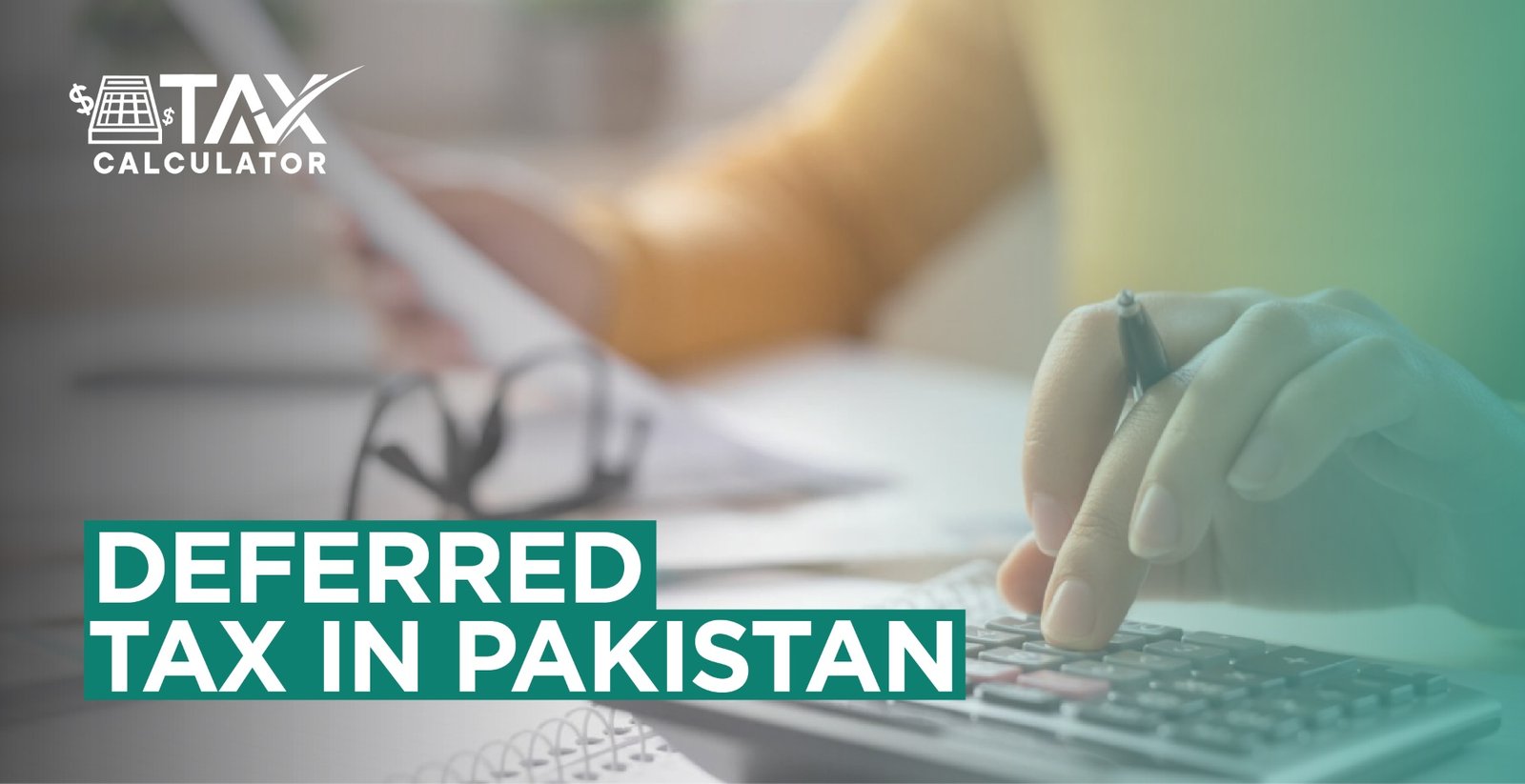If you are looking to get a business license and permit in Pakistan, having the right information at your fingertips is important. Without complete guidance and information, you can leave yourself stuck, slowing down your business plans.
Securing these legal essentials is more than a formality; it’s a foundation for your business’s compliance and success. In fact, the ease of doing business index has noted improvements in local regulatory structures, making now a better time than ever to start your venture.
This post will break down the facts about the licensing process, discuss the importance of being thoroughly prepared, and provide you with clear, actionable advice.
What is a Business License?
A business license is a permission slip from the government that lets you run a business.
Different places have different rules, so you usually need this license to operate your business legally. It shows that you are following the local laws and regulations.
The type of license you need for your business can be different based on what kind of business it is. You might need a local, county, state, or even federal license, or maybe none at all. It all depends on where your business is located and what it does.
Getting a business license is an essential step in starting your business, as it protects you from fines and legal issues down the line. Always check your area’s requirements to make sure you are correctly licensed.
What is a Business Permit?
A business permit is an official document that shows your business follows local and state safety rules.
Business permits help ensure that your business meets safety standards, follows the rules about building and design, and fits in with the community. They show that you are following the laws and regulations in your area.
The requirements can differ depending on where you are, and not following them can lead to fines or even shutting your business down. Before starting any work, setting up, or buying property, it’s important to research which permits you need.
5 Types of Business Licenses and Permits in Pakistan
Various licenses and permits are required based on the nature of your business activities. The following are the most common types of businesses Pakistani people run and want permits for.
1. Trade License
Trade activities within a defined jurisdiction. This license is essential for ensuring compliance with local regulations, safety standards, and operational guidelines tailored to the nature of your business activities.
Who Needs a Trade License?
A wide array of businesses, including small retail shops, wholesalers, service providers, and various sectors such as hospitality, manufacturing, and trade. If you plan to open a restaurant, a retail store, or any business that involves direct sales or services to customers, you will likely need a trade license.
Importance of Trade License
- A trade license legitimizes your business operations and protects you from potential legal issues and hefty fines.
- It is a testament to your commitment to adhering to local laws and regulations, enhancing your credibility among customers, suppliers, and partners.
- A valid trade license can also be critical in establishing business relationships and reassuring stakeholders that your business complies with industry standards.
The correct trade license is important for operating confidently in your chosen market. It allows you to navigate the business landscape without fear of legal repercussions, enabling you to focus on growing your enterprise.
2. Professional License
A professional license is a specialized business license mandatory for individuals practicing in regulated professions. This license verifies that practitioners meet the necessary qualifications, expertise, and ethical standards to provide their services safely and effectively. Government bodies or professional organizations issue these licenses are
- Pakistan Bar Council
- Pakistan Medical & Dental Council
- Pakistan Pharmacy Council
- Pakistan Engineering Council typically
Who Needs a Professional License?
Professionals in healthcare, law, engineering, accounting, and other specialized sectors, such as doctors, lawyers, architects, and certified public accountants, must obtain professional licenses to practice their respective professions legally.
Importance of Professional License
- These licenses protect the public by ensuring practitioners have the necessary training and expertise and uphold the profession’s integrity.
- They guarantee that individuals are competent and qualified to offer professional services, which is crucial in fields where public health and safety are at stake.
A professional license is essential for anyone looking to establish credibility and trust in their field. It validates your skills and knowledge, enhances your professional reputation, and certifies compliance with industry regulations.
3. Import and Export License
An import and export license is a vital legal requirement for businesses engaged in international trade. This license allows companies to legally import goods into Pakistan or export goods out of the country, ensuring adherence to national and international trade laws.
Who Needs an Import and Export License?
Businesses involved in the international trade of goods, including manufacturers, wholesalers, distributors, and traders. If your business model involves sourcing products from abroad or selling goods to foreign markets, obtaining an import and export license is crucial.
Importance of Import and Export License
- Proper licensing is essential for compliance with local laws and international trade agreements.
- It helps businesses avoid legal complications, potential penalties, and reputational damage.
- The necessary licenses enhance your ability to engage in cross-border trade smoothly and confidently.
A valid import and export license is critical for any business looking to navigate the complexities of international trade. It not only protects your business from legal issues but also facilitates your operations in the global marketplace.
4. Health and Safety Permits
Health and safety permits are essential licenses for businesses that must adhere to stringent health and safety standards, particularly in the food service, healthcare, construction, and manufacturing sectors.
Who Needs a Health and Safety License?
Various businesses, including restaurants, food manufacturers, healthcare facilities, construction companies, and factories. If your business involves food preparation or service, patient care, or construction activities, you will likely need health and safety permits.
Importance of Health and Safety License
- These permits are critical for maintaining public safety and trust.
- They help prevent health hazards and mitigate the risk of legal action resulting from non-compliance with safety regulations.
- Proper health and safety permits enhance your business’s credibility and reputation in the community.
Securing health and safety permits is a non-negotiable step for businesses operating in high-stakes environments. These permits are essential for ensuring compliance with regulations and maintaining a safe environment for all stakeholders.
5. Environmental Permits
Environmental permits are required for businesses whose operations impact the environment. The Environmental Protection Agency (EPA) issues these permits to ensure that companies adhere to environmental regulations set forth by local, state, and federal agencies, promoting sustainability and ecological responsibility.
Who Needs an Environmental License?
Businesses involved in manufacturing, construction, mining, and industries that generate waste or emissions. If your business practices involve any activities that could harm the environment, you must obtain environmental permits.
Importance of Environmental License
- These permits protect the environment and safeguard your business from potential legal repercussions, fines, and reputational damage.
- They demonstrate your commitment to corporate social responsibility, which can enhance your brand image and attract environmentally-conscious customers.
The necessary environmental permits are crucial for operating sustainably and ethically. These permits are instrumental in ensuring that your business contributes positively to the environment while minimizing ecological impacts.
7 Steps to Obtain a Business License and Permit in Pakistan

Starting a business in Pakistan involves several essential steps, including obtaining the necessary licenses and permits. Let us discuss.
- Choose Business Structure
- Select Business Name
- Register your Business
- Apply for a Business License
- Obtain Necessary Permits
- Wait for Approval
- Receive your License
Step 1: Choose your Business Structure
The first step in obtaining a business license and permit in Pakistan is choosing a business structure. It is one of the most important steps when starting a business in Pakistan. The structure you select will affect your taxes, liability, and how you run your business. Here are the main types of business structures are as follows, lets us discuss:
- Sole Proprietorship: A sole proprietorship is a simple business structure where the owner is liable for all debts and liabilities, as the business isn’t a separate legal entity. The owner pays taxes on both personal and business income, making it straightforward yet riskier financially.
- Partnership: A partnership, or Association of Persons, is a business structure where two or more individuals manage a business jointly. Similar to a sole proprietorship, it lacks a separate legal entity, making partners personally liable for debts.
- Private Limited Company: A private limited company is an independent legal entity offering owners limited liability protection, meaning personal assets remain secure from business debts or issues. Though setup requires more paperwork, it’s ideal for growth-focused businesses seeking investors.
- Public Limited Company: A public limited company allows share sales to the public and requires adherence to strict regulations and reporting standards, making it suitable for large businesses seeking substantial capital.
Step 2: Select your Business Name
Choosing a business name is essential when starting a business in Pakistan. Your business name should be unique, easy to remember, and reflect what you do. Before finalizing your name, check if it’s already in use by searching online or visiting the local registrar’s office. This will help you avoid any legal issues down the line.
Having the correct permits is essential to operate legally and avoid fines. Ensure your business name is displayed clearly at your location, as it helps establish your brand in the community.
Step 3: Register your Business in Pakistan
Registering your business in Pakistan is essential in operating legally and smoothly. First, you must decide on your business structure, which could be a sole proprietorship, partnership, or limited company. Each structure has its registration procedure.
You can register with the local firm registrar for a sole proprietorship or partnership. It asks you to fill out an application form and provide documents like your national identity card and proof of your business address. You must register for a limited company with the Securities and Exchange Commission of Pakistan (SECP). This involves submitting the company name, details of directors, and the company’s purpose.
Step 4: Apply for the Business License
Applying for a business license is essential for starting your business legally. Let’s discuss the main points to submit with your application.
- Before you start the application, collect all required documents. This usually includes your business registration papers, identification (like your National ID or passport), and proof of your official business address.
- Go to your local municipal office or the authority that issues business licenses in your area. You can also check if they have an online portal for applications.
- Complete the business license application form. Provide accurate information about your business, including your name, location, and the services or products you offer.
- Please hand in the completed form and all the necessary documents. At this stage, you may need to pay a submission fee.
- After you submit your application, the authorities may take some time to review it. They might contact you for additional information or an inspection.
Step 5: Obtain Necessary Permits
Obtaining the necessary permits is essential to starting a business in Pakistan. Once you have registered your business, you must identify which permits apply to your specific industry. This can significantly depend on what type of business you are running. For example, if you are opening a restaurant, you will need health permits to ensure food safety. If you are in construction, you may require building permits.
To get the required permits, visit your local government office or municipal authority. They can provide a list of the licenses that fit your business needs. You will typically need to fill out application forms and submit the required documents, such as your business registration certificate and identity proof.
Step 6: Wait for Approval
After you have submitted your application for a business license and any necessary permits in Pakistan, the next step is to wait for approval. This waiting period can depend on the type of business and the specific permits you have applied for. Usually, it can take anywhere from a few days to many weeks.
During this time, the relevant authorities will review your application and check that all required documents are in order. They might also conduct business inspections involving health and safety regulations and other essential things like restaurants or factories.
Step 7: Receive your License
Once your application for a business license and necessary permits is approved in Pakistan, you will receive your license, allowing you to operate legally. When you receive your license, it’s essential to review it carefully to ensure all the details are correct, including your business name, address, and the type of business activities allowed according to your needs.
If you notice any errors, contact the issuing authority immediately to get them fixed. Remember that business licenses and permits may expire, so keep track of when they need to be renewed. Staying up to date with your licensing helps avoid any fines or legal issues in the future. With your license, you are ready to launch your business and serve your community.
FAQs
What is the Registration Fee for a Business in Pakistan?
The registration fee for a business in Pakistan varies depending on the type of business entity and the province in which it operates. The costs can range from a few thousand to several hundred thousand Pakistani Rupees. It’s advisable to check with the relevant authorities, such as SECP or local registration offices, for specific fee structures.
Can a Company Work Without Registration in Pakistan?
Every company requires registration to operate its activities in Pakistan. Registration is essential for a business to be recognized as a legal entity. This process makes sure that the business complies with local laws and regulations.
How Long Does it Take to Obtain a Business License?
The time can be different, but it generally takes a few weeks. The approval process depends on the completeness of your application and the specific requirements of your local authority.
Conclusion
Getting your business license and permit in Pakistan is crucial for setting up your enterprise. We have covered almost all the essentials you need to know about this process and its importance. With the right information and careful preparation, you can tackle the paperwork and ensure your business complies with local regulations.
Remember, getting these documents in order is more than just a bureaucratic necessity, as it’s the backbone of a successful and legally compliant business.
Ready to get started? Get in touch with Pak Tax Calculator’s Business Advisory and Consulting Experts for more guidance and support. Move forward with confidence and build your business on solid ground!



